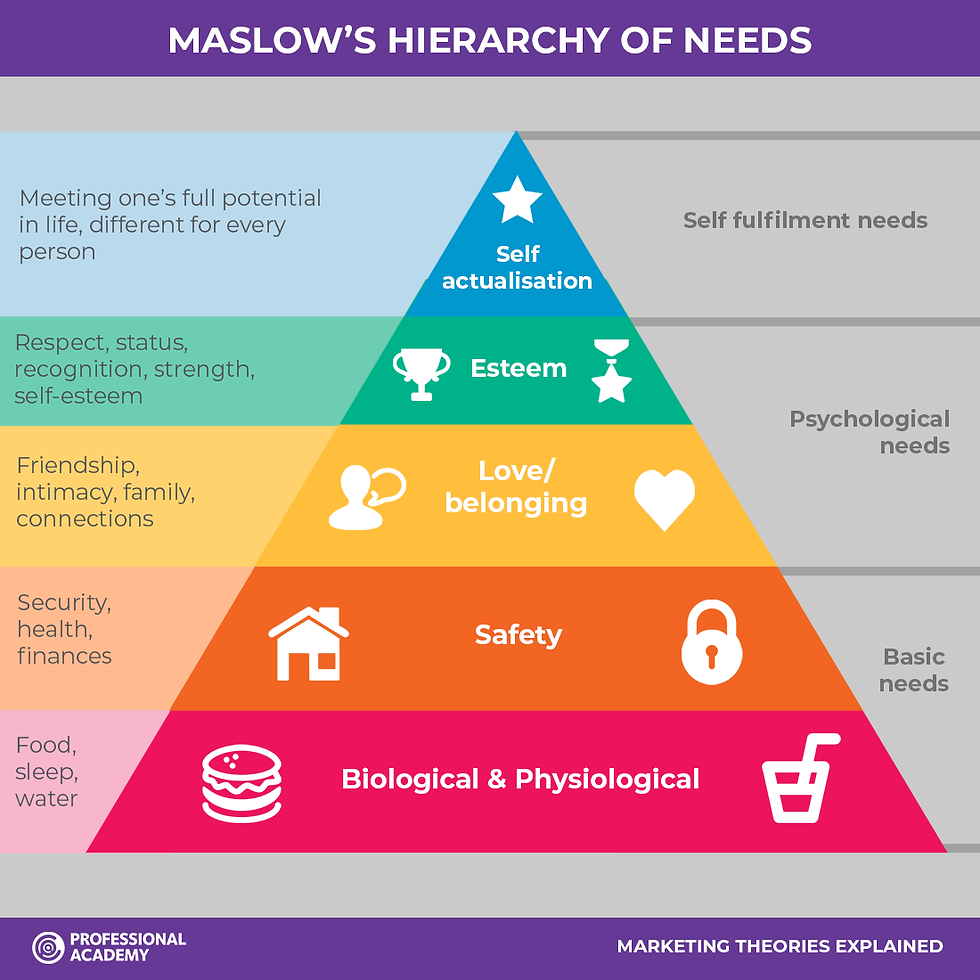How hard is workers compensation management really?
- Danielle Mik

- Sep 23, 2023
- 3 min read
I regularly hear parables about the complexities of workers compensation claims management - and how hard it is improve RTW outcomes, how difficult it is to get workers to engage in their own recovery, how difficult it is to get injured workers to comply - frankly - I don't get it - after almost 30 years in this industry, after assisting hundreds and hundreds of people with injuries RTW successfully - I have found that the answer is simple really - if we want people with injuries to get engaged in a recovery and RTW process - they have to first be able to think clearly, be able to keep their emotions in check - which is almost impossible to do when they are engaged in a battle for survival - how interested would you be in looking for a new job, or in some nebulous RTW obligation - if you couldn't pay for the groceries to feed your children, or pay the mortgage to keep the roof over your head?
How interested would you be in self development if the black dog was biting at your heels?
When you are engaged in the FLIGHT/FLIGHT (F/F) response every minute of every day - your emotional brain is in control and your cognitive brain cant engage to enable rational emotional reasoning to permit productive decisions. If understanding the basics of the F/F Response and Maslow's Hierarchy of Needs were core case management teachings and base line skill requirements, then we wouldn't have the behaviours of people with injuries being so misunderstood. Case managers might then understand why File ABC123 yells at them when they ring up for the third time to find out where their pay is so they can buy groceries to feed their family. Until people who are experiencing trauma can self calm and manage negative emotions such as FEAR and GRIEF and FAILURE - they cant engage the productive parts of their brain to make rational productive decisions. People that make life impacting decisions for injured workers play a major role in assisting them to manage these negative emotions - and can be taught the emotional mastery skills to help them do this.
Until the system teaches those that manage injured workers how to understand the emotional roller coaster of traumatised injured workers, and how to assist them to manage emotional triggers, we will continue to have a chasm between the outcomes we want to achieve, and the outcomes we actually do achieve in both health recovery, injured worker experience and RTW rates.
Developing a robust understanding of the science of emotional intelligence greatly improves the ability to understand and manage anyone who is experiencing ongoing trauma - the trauma doesn't end when the accident ends - for injured workers it just keeps on going and gets added to every day as they face the various traumas of not being able to pay their bills, provide for their loved ones and look after their family in the way they have been accustomed to. I recommend the following for anyone who wants to learn more about the reasons why no-one thinks straight when they are experiencing a distressing event.
The Science Behind Emotional Intelligence - Emily A. Sterrett, Ph.D. Copyright © 2014 by Emily A. Sterrett Published by:HRD Press, Inc.
In the meantime - the basics for the recipe to assist people with injuries to recover more quickly, and minimise the negative experience of injury is really quite simple.......
Determine claims quickly and fairly, and communicate regularly
Be honest and authentic in communication
Get income payment rates correct the first time
Pay income payments on time every time
Process worker reimbursements promptly
Give approvals/denials for treatment/training rehab etc promptly - with sounds reasons and direct communication
As Albert Einstein said
"If you cant explain it simply - you dont understand it well enough"
7. Talk to and treat each person like they are an individual, and treat them with care and empathy – like you actually care about them and their situation and not like you think they are an alien (people don't suddenly become bad or stupid when they experience a workplace injury)
If we do these 7 SIMPLE and FREE things – both health recovery and RTW rates will improve, it will also ensure injured workers are far less likely to slide into a negative and depressed mental state – everyone wins!!!
So - How hard is it................................really??
We are being judged by a new yardstick; not just how smart we are, or by our training and expertise, but also how well we handle ourselves and each other"
Daniel Goleman PhD






Comments